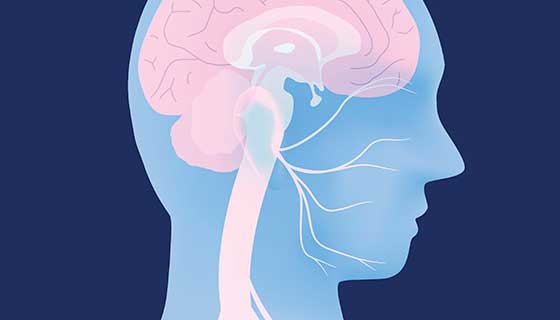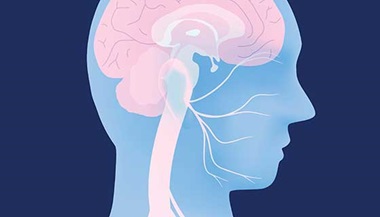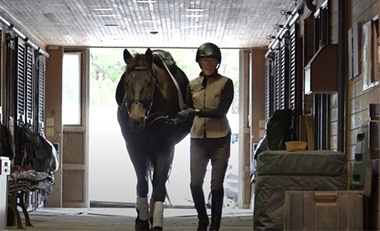Moebius Syndrome
Moebius syndrome is a rare congenital (present at birth) condition that results from underdevelopment of the facial nerves that control some of the eye movements and facial expressions. The condition can also affect the nerves responsible for speech, chewing and swallowing.
What You Need to Know
- Moebius syndrome is a type of congenital facial paralysis or palsy.
- The condition usually affects both sides of the face.
- While researchers have not identified the cause(s) of Moebius syndrome, studies suggest a combination of genetic and environmental risk factors.
- Treating Moebius syndrome may require a team doctors to address symptoms, including cleft palate, crossed eyes and difficulties eating, speaking, hearing or controlling facial expressions and functioning.
Moebius Syndrome Causes
The primary cause of Moebius syndrome is unknown and most cases occur sporadically. While medical literature presents conflicting theories, the majority of research suggests a combination of genetic and environmental risk factors. Some cases suggest an increased risk of transmitting the condition from parent to child. Expectant families with a history of Moebius syndrome may benefit from genetic counseling.
Moebius Syndrome Symptoms
People with Moebius syndrome experience:
-
Weakness or complete paralysis of the facial muscles
-
Trouble swallowing or sucking
-
Difficulties with speech and frequent drooling
-
Inability to form facial expressions, including smiling, frowning, raising eyebrows, puckering lips or closing eyes
-
Cleft palate
-
Dental problems
-
Hand and foot problems including club foot and missing or fused fingers (syndactyly)
-
Hearing problems
-
High palate
-
Irritated and dry eyes
-
Motor delays
-
Poland’s syndrome (chest wall and upper limb anomalies)
-
Strabismus (crossed eyes)
Moebius Syndrome Treatment
Your child’s medical care will require a variety of specialists, including neurologists, ophthalmologists, plastic surgeons, otolaryngologists and speech pathologists.
Moebius syndrome can impact cranial nerves responsible for control of muscles in the tongue, jaw, larynx and throat, as well as ones that produce speech. As a result, children with Moebius syndrome may struggle with proper articulation and resonance. Severe cases of Moebius syndrome may also require a special bottle or feeding tube to help with proper nutrition. However, feeding difficulties tend to improve with age as children develop proper motor control. Physical and speech therapy can help children gain greater control of their speaking and eating, as well as improve overall coordination and motor skills.
Feeding difficulties may also result in food accumulation behind the teeth, causing decay. Frequent flossing and teeth brushing can help prevent buildup and damage to the teeth and gums. For children with cleft palate, orthodontics may be required to align the teeth and jaws.
Surgery may be required to help correct strabismus (crossed eyes) or to transfer nerves and muscle to the face, improving the ability to smile. Reconstructive surgery can also help address facial, limb and jaw differences.






